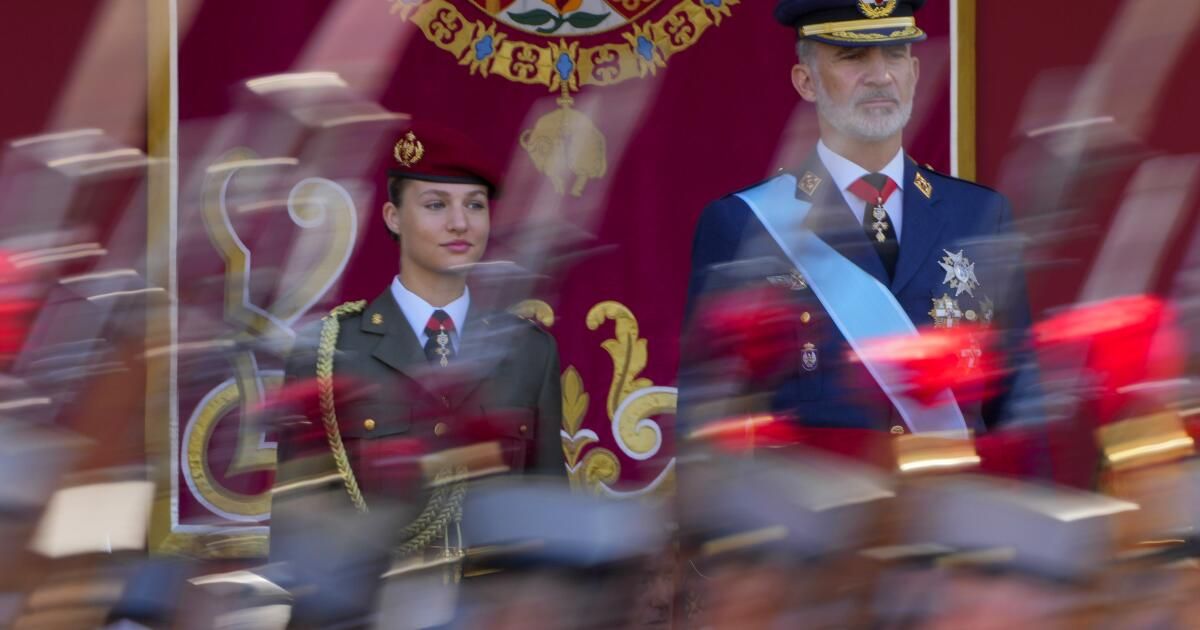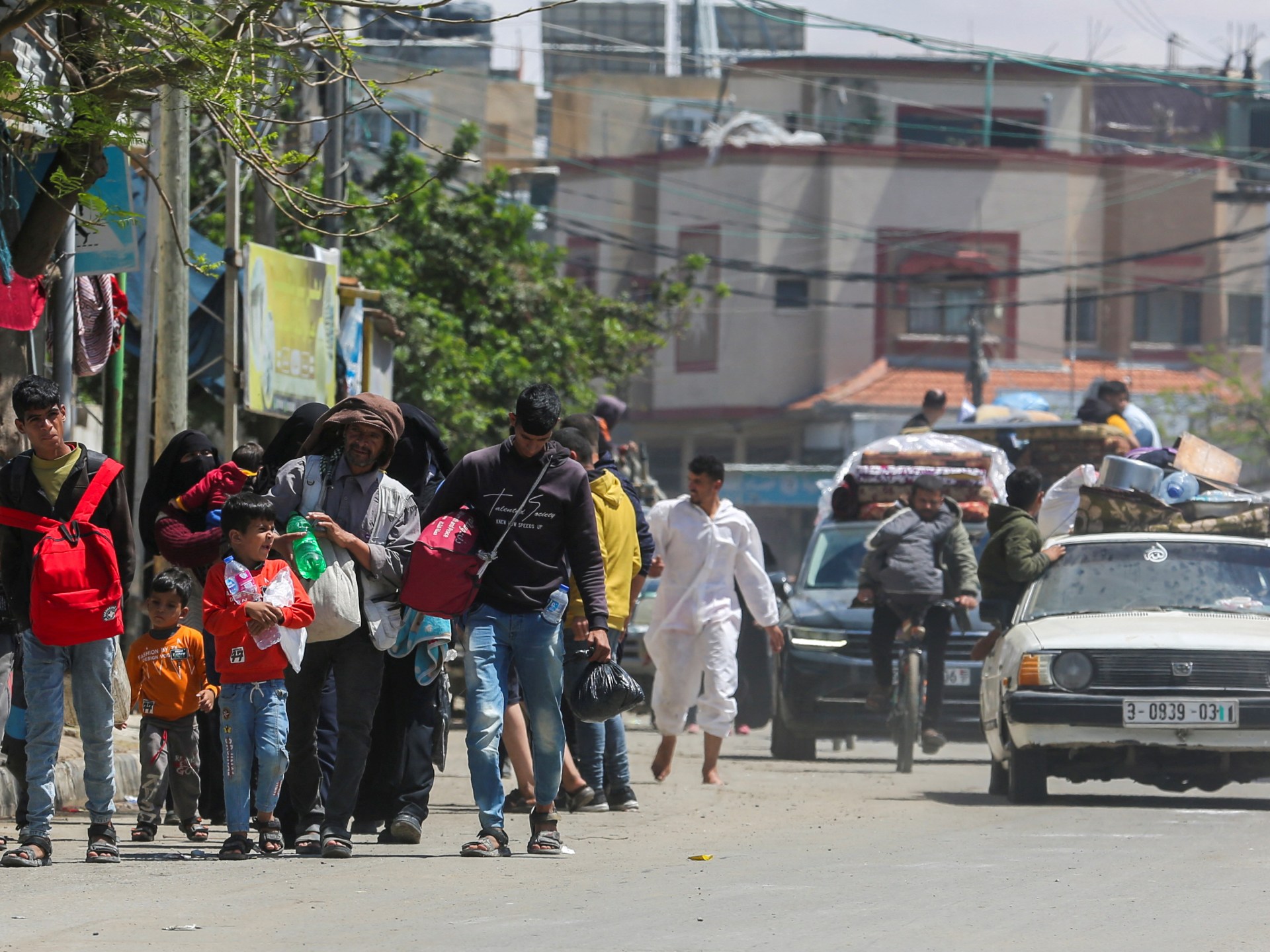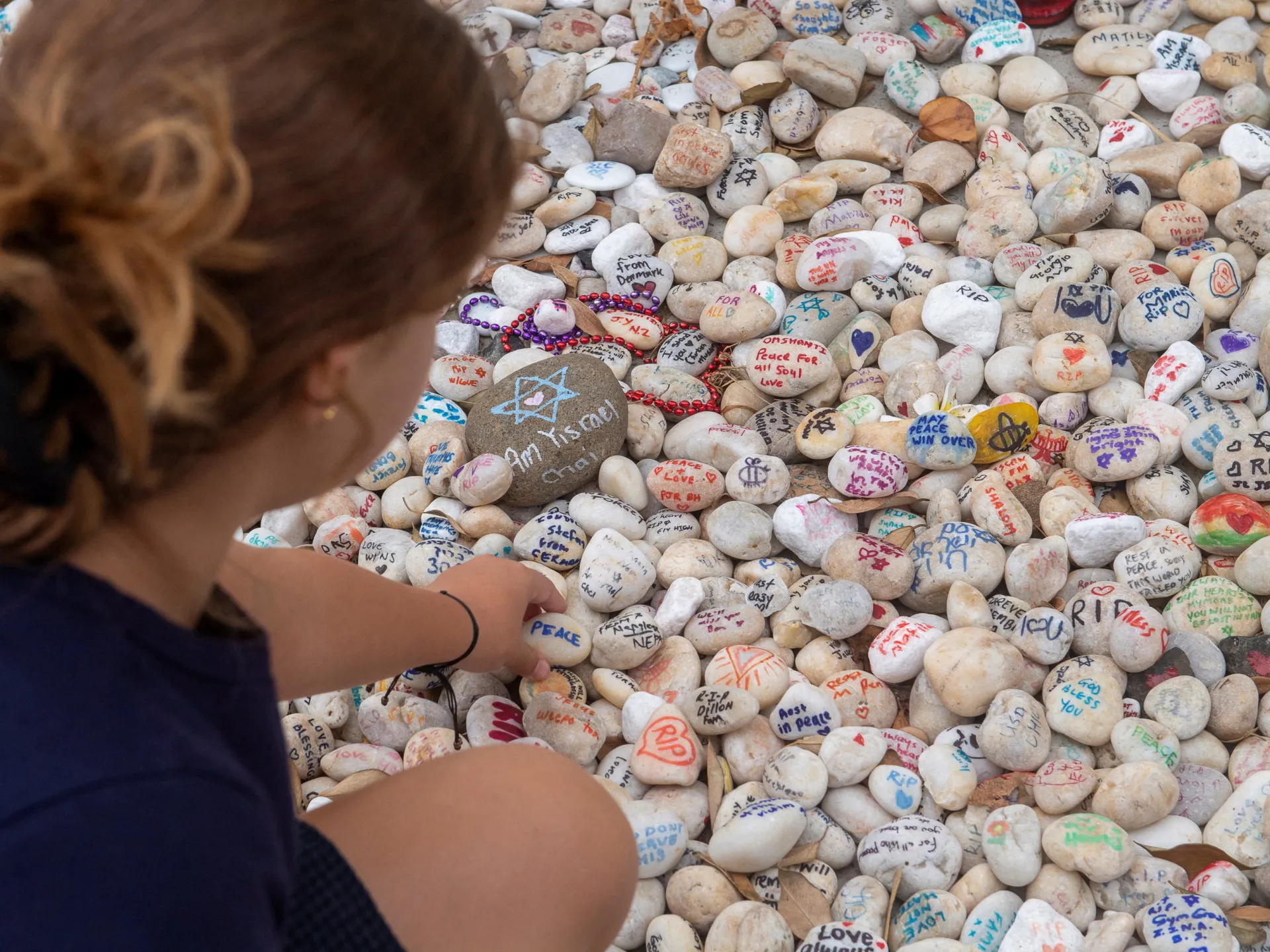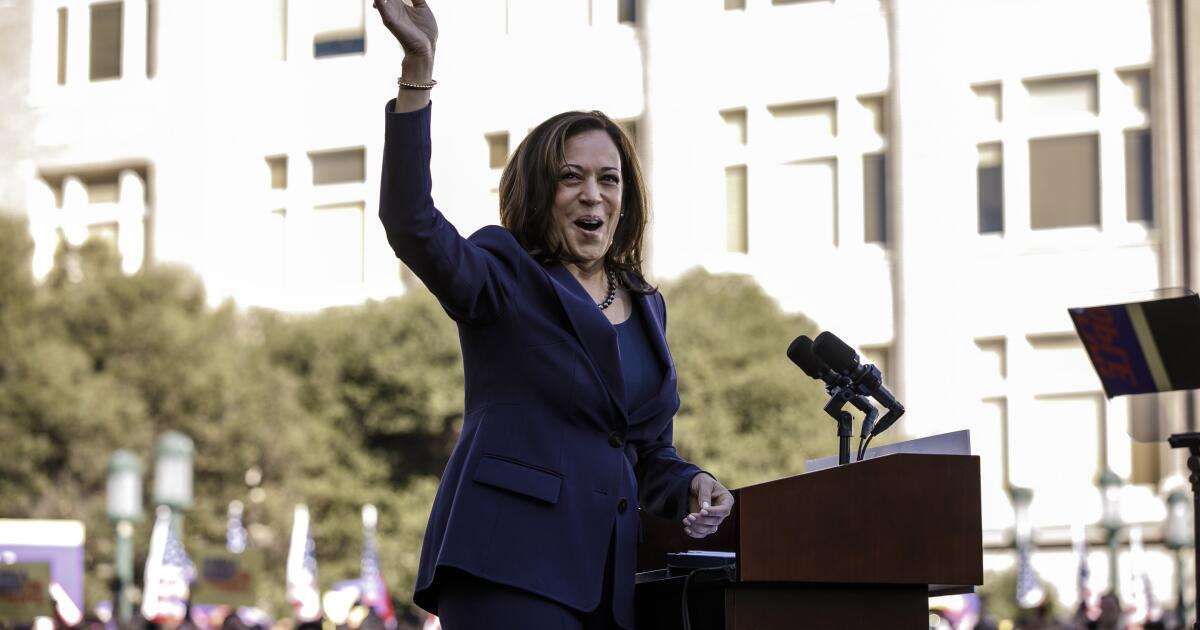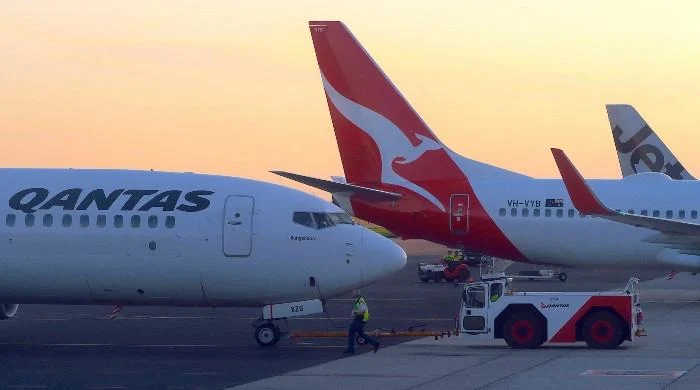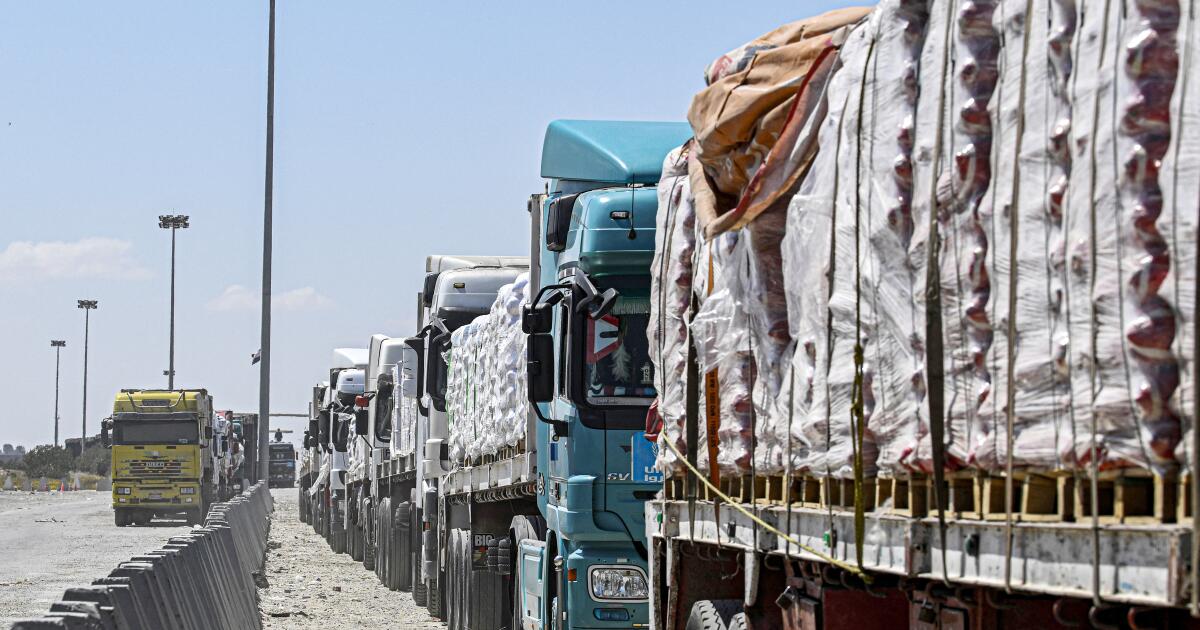When Claudia Sheinbaum is inaugurated as Mexico’s first female president on Oct. 1, one delegation will be noticeably absent.
The Spanish government said this week it would not send any representatives to the historic ceremony to protest the “unacceptable” fact that Spanish King Felipe VI was not invited.
It was the latest in a simmering diplomatic dispute that has its roots in the Spanish conquest of Mexico 500 years ago.
Mexican President-elect Claudia Sheinbaum celebrates her victory in the June elections.
(Carl de Souza/AFP/Getty Images)
In 2019, Mexican President Andrés Manuel López Obrador sent a letter to the Spanish crown demanding that it issue a public apology for abuses committed during the violent invasion centuries earlier.
“The so-called conquest was carried out with the sword and the cross,” López Obrador said in a video he released at the time to explain his letter. “Thousands of people were killed during that period. One culture, one civilization was imposed over another, to the point that Catholic churches were built on the temples of pre-Hispanic peoples.”
Spain rejected the president's demands, with government officials telling reporters that the country's current leaders should not be held responsible for the actions of their ancestors.
In a statement this week, Sheinbaum said she decided to exclude Felipe VI from her inauguration because Spain never responded directly to López Obrador's request.
“Unfortunately, this letter did not merit any direct response, as would have been appropriate to best diplomatic practices,” Sheinbaum wrote.
While the two countries “share a strong friendship,” Sheinbaum said a successful bilateral relationship will require “a renewed historical perspective.”
At his Wednesday morning press conference, López Obrador defended Sheinbaum’s decision. “They acted very arrogantly,” he said of Spanish authorities, urging them to “put racism aside” and take responsibility for the horrors of the conquest.
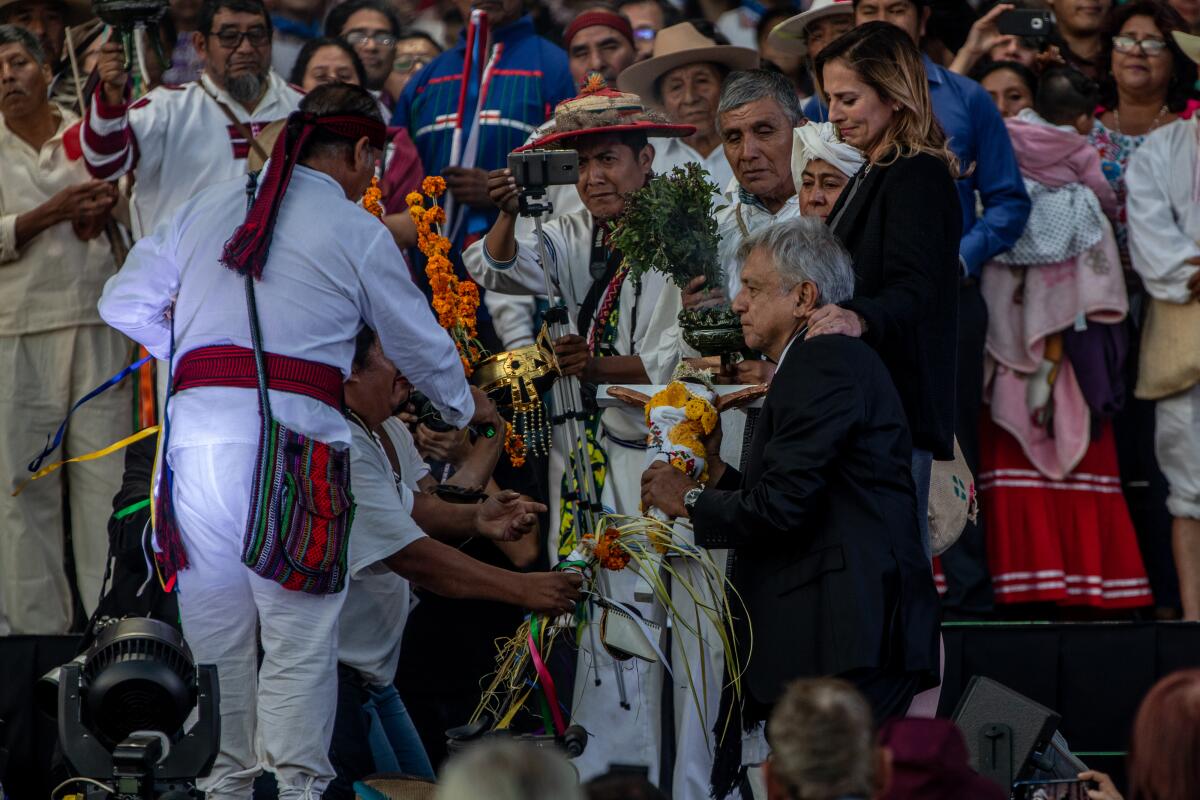
President Andrés Manuel López Obrador kneels during an indigenous ceremony during his inauguration six years ago.
(Bloomberg/Bloomberg via Getty Images)
“How much does it cost you to offer an apology?” he asked.
López Obrador, a native of southern Mexico, home to the country’s largest indigenous population, has sought to restore pride in the country’s indigenous roots during his six years in office. During his own inauguration in 2018, he was blessed in an indigenous ceremony. Some of his critics have pointed out that one of his grandfathers was born in Cantabria, Spain.
Sheinbaum, a close ally of López Obrador and a member of his leftist Morena party, has vowed to continue many of the president's policies, including his emphasis on helping poor and indigenous Mexicans.
Among the officials confirmed to attend his inauguration are a who's who of the Latin American left, including Brazilian President Luiz Inácio “Lula” da Silva, Colombian President Gustavo Petro, Chilean President Gabriel Boric and Cuban President Miguel Díaz-Canel.

